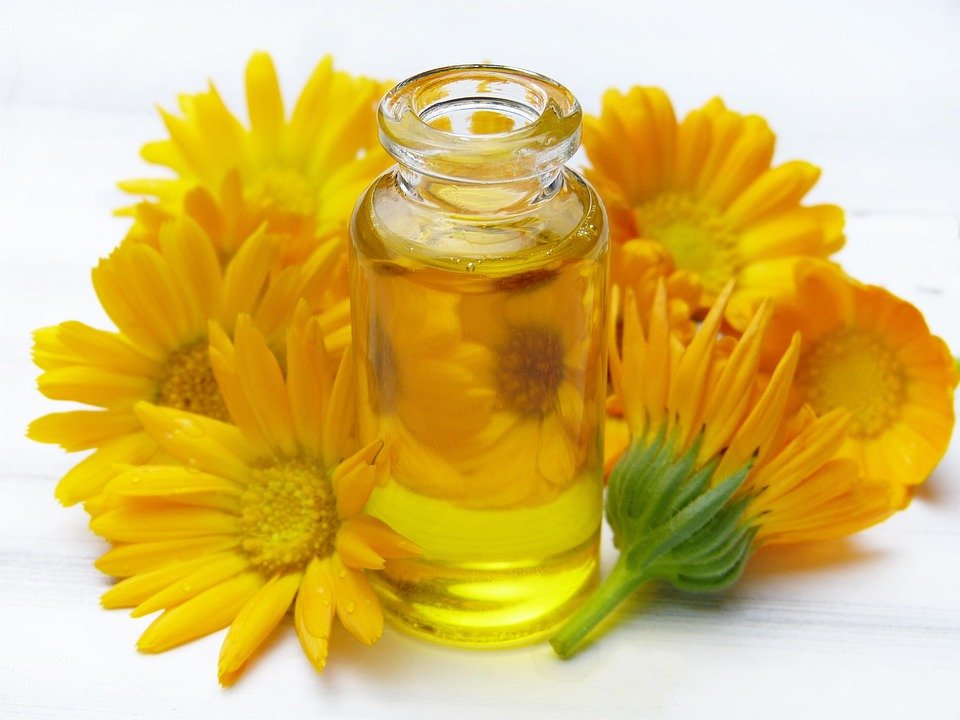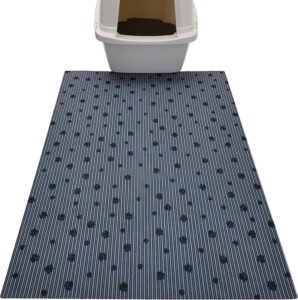
Cats are known for their meticulous grooming habits, but that doesn’t mean they don’t need a little help from their human companions. A cat’s skin is a crucial barrier that protects them from the environment, and maintaining its health is essential for their overall well-being. In this comprehensive guide, we will unveil essential cat skin care tips to ensure your feline friend has a healthy, glowing coat.
Understanding Cat Skin and Coat
To effectively care for your cat’s skin, it’s important to understand its structure and function. A cat’s skin consists of multiple layers and serves as the first line of defense against external threats, such as parasites and infections. The coat, made up of fur, helps regulate body temperature and provides sensory input.
Common Skin Issues in Cats
Several skin issues can affect cats, including allergies, infections, parasites, and more. Recognizing these problems early can prevent more serious health concerns:
- Allergies: Cats can be allergic to various substances, ranging from food ingredients to environmental factors like pollen or dust mites.
- Parasites: Fleas, ticks, and mites are common parasites that cause itching and irritation.
- Infections: Bacterial or fungal infections can lead to redness, swelling, and discomfort.
- Dermatitis: This condition is characterized by inflammation of the skin, often due to allergies or irritants.
Essential Cat Skin Care Tips
Regular Grooming
Regular grooming is vital for maintaining your cat’s skin and coat health. Brushing your cat helps remove dead fur, distribute natural oils, and reduce the risk of hairballs. The frequency of grooming depends on the breed and length of your cat’s fur:
- Short-haired cats: Once a week is usually sufficient.
- Long-haired cats: Daily grooming is recommended to prevent matting and tangles.
Balanced Diet
A nutritious, well-balanced diet is essential for healthy skin and coat. Ensure your cat’s diet includes:
- High-quality protein: Essential for tissue repair and growth.
- Omega-3 and Omega-6 fatty acids: Promote a shiny coat and reduce inflammation.
- Vitamins and minerals: Essential for overall skin health.
Consult your veterinarian for dietary recommendations tailored to your cat’s specific needs.
Hydration
Proper hydration is crucial for skin health. Ensure your cat has access to fresh, clean water at all times. You might also consider incorporating wet food into their diet to increase moisture intake.
Parasite Prevention
Parasite prevention is key to maintaining healthy skin. Regular use of flea and tick preventatives can ward off infestations. Consult your veterinarian to determine the most suitable preventative measures for your cat.
Routine Veterinary Check-ups
Regular veterinary check-ups are essential for early detection of skin issues and overall health monitoring. Your veterinarian can provide advice on skin care and recommend treatments if necessary.
Environmental Control
Maintaining a clean and allergen-free environment can significantly reduce skin issues. Regularly clean your home to minimize dust and allergens, and consider using air purifiers if necessary.
Natural Remedies for Cat Skin Care
Aloe Vera
Aloe vera is known for its soothing properties and can be applied topically to relieve minor skin irritations. Ensure any product used is specifically formulated for cats to avoid toxic ingredients.
Coconut Oil
Coconut oil can be used as a moisturizer to soothe dry skin and promote a healthy coat. Apply a small amount to your cat’s skin and fur, and gently massage it in.
Oatmeal Baths
Oatmeal baths can help relieve itching and inflammation. Use a cat-specific oatmeal shampoo, or make a homemade oatmeal paste to apply during bath time.
Conclusion
Caring for your cat’s skin is an essential part of their overall health and well-being. By following these essential cat skin care tips, you can help ensure your feline companion enjoys a healthy, comfortable life. Regular grooming, a balanced diet, proper hydration, and parasite prevention are all key components of maintaining healthy skin. Always consult your veterinarian for personalized advice and recommendations to keep your cat’s skin and coat in optimal condition.






